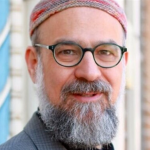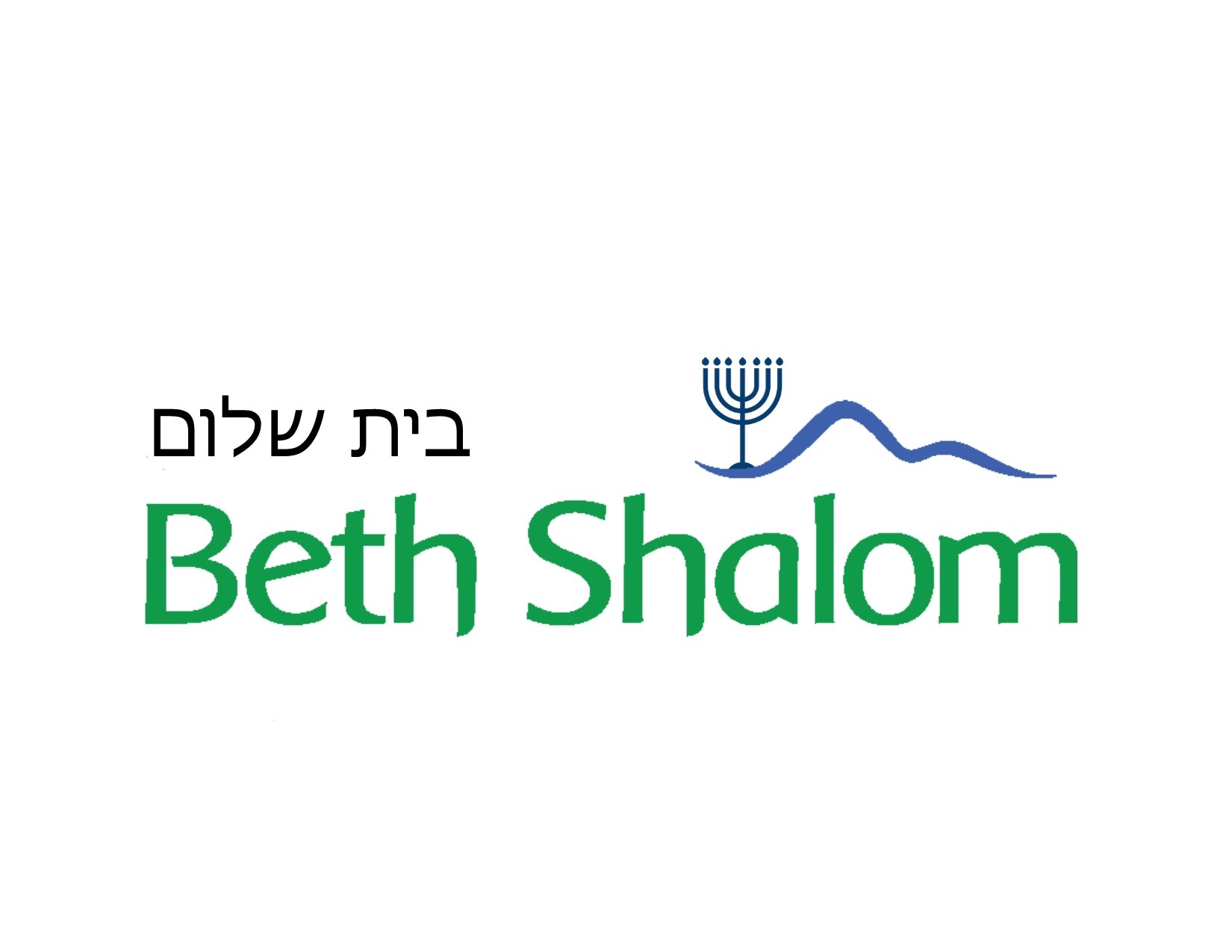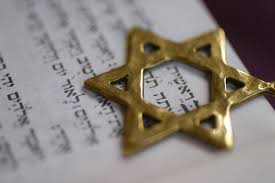Get Involved

Streaming
View More

Programming
View More

Weekly E-News
View More

Monthly Bulletin
View More
| M | T | W | T | F | S | S |
|---|---|---|---|---|---|---|
| 1 | 2 | 3 | 4 | 5 | 6 | |
| 7 | 8 | 9 | 10 | 11 | 12 | 13 |
| 14 | 15 | 16 | 17 | 18 | 19 | 20 |
| 21 | 22 | 23 | 24 | 25 | 26 | 27 |
| 28 | 29 | 30 | ||||
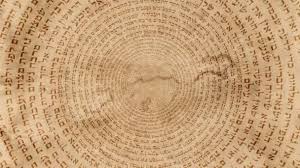
Support Beth Shalom
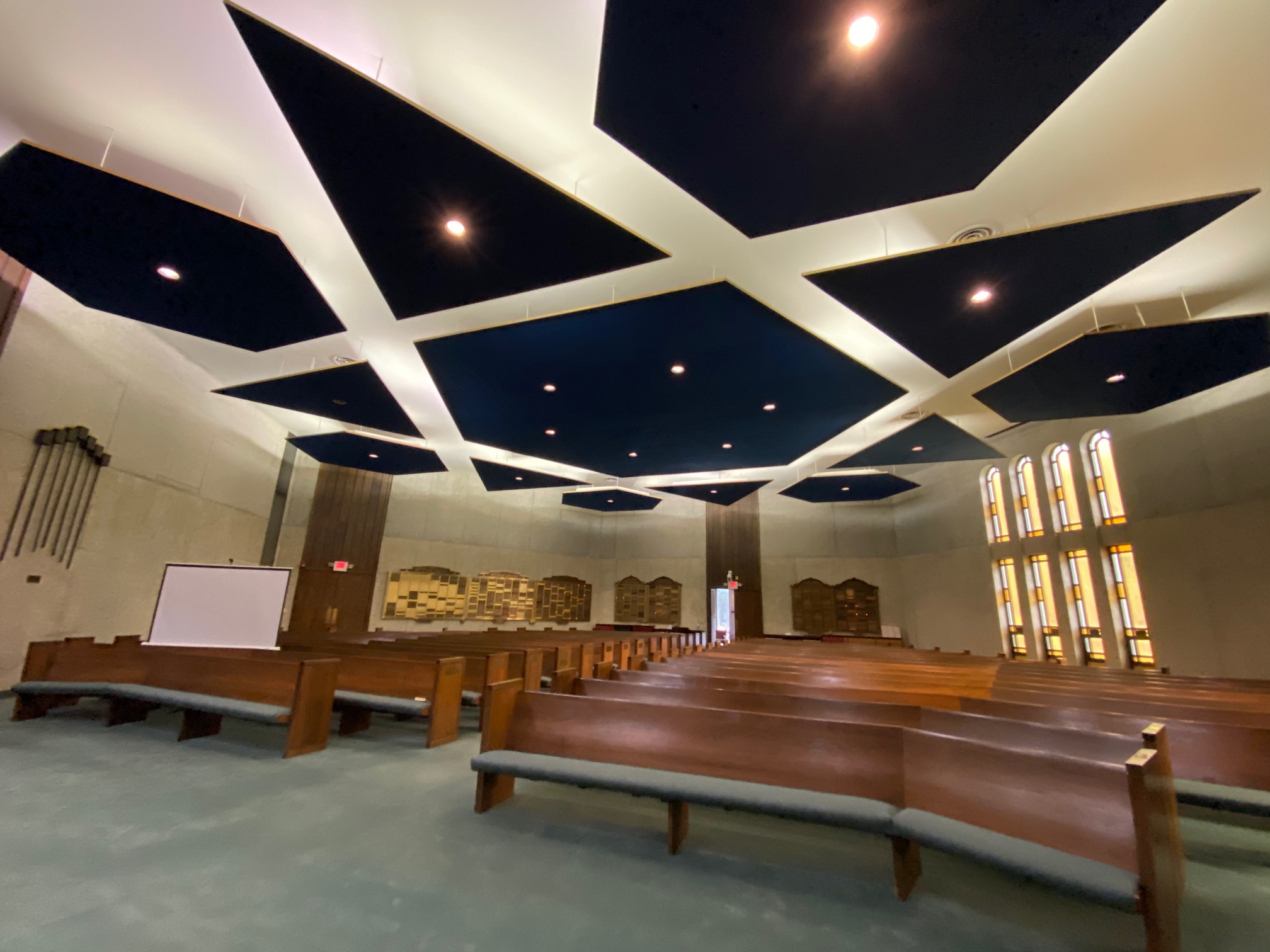
Our Synagogue Journey
What the Rabbi says about Beth Shalom…

